General registration closed 20th November
Poster abstract submission closed 1st November

General registration closed 20th November
Poster abstract submission closed 1st November
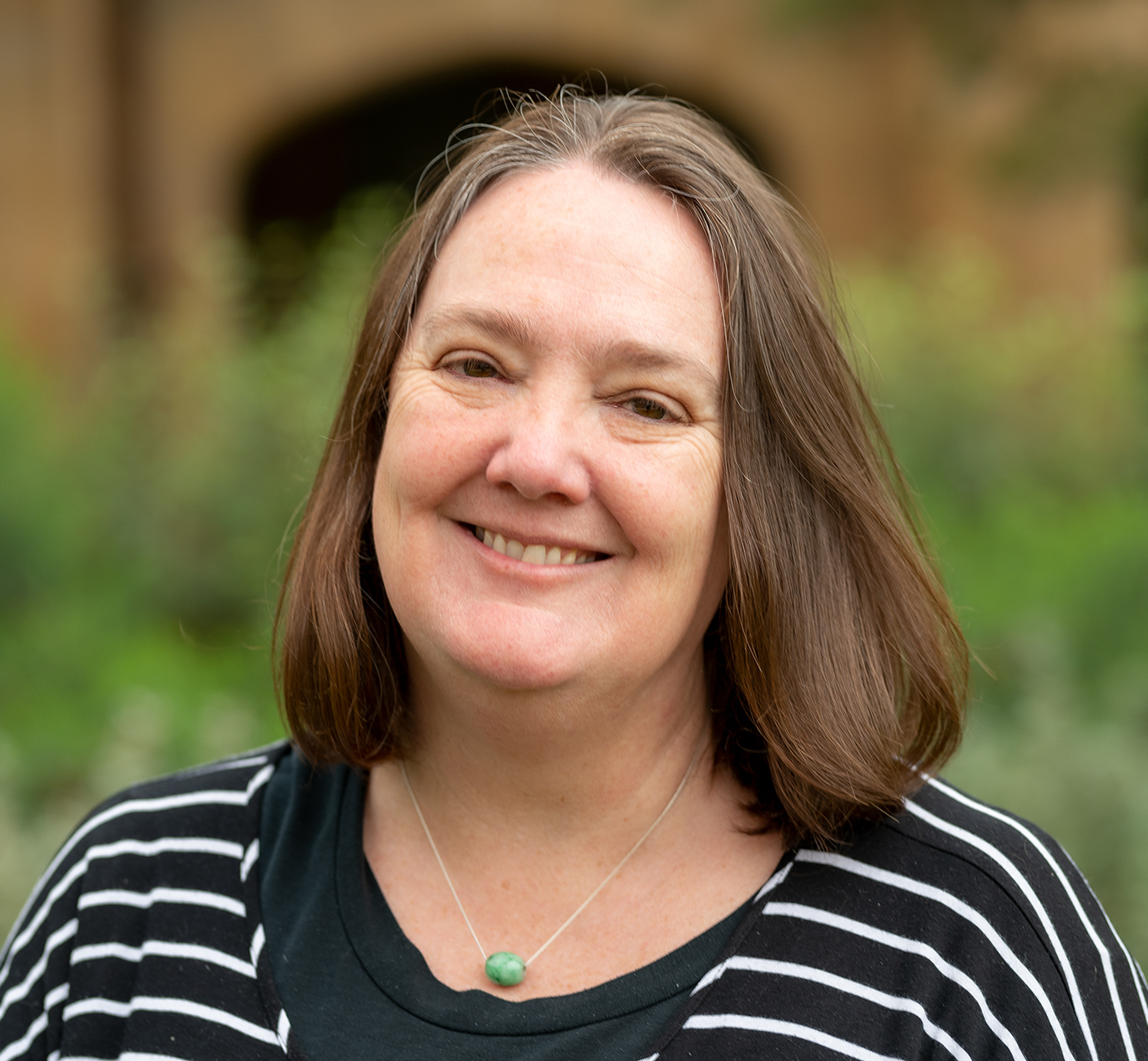
Keynote Speaker
Christine Wells is Professor of Stem Cell Systems and Director of the University of Melbourne Centre for Stem Cell Systems, and deputy program leader for Stem Cells Australia. She is a genome biologist with a focus on the differentiation and activation of mammalian cells, and a particular interest in the intersection between innate immunity and stem cell biology in tissue injury and repair. She is the architect of the Stemformatics.org collaboration platform which is designed for intuitive sharing of stem cell data. Her laboratory works to an open science ethos, adhering to the principle of biological insight through data accessibility and reproducibility, and she most enjoys science when it is in multidisciplinary and collaborative frameworks.
Professor Wells graduated with a Bachelor of Science from the University of New England in 1988. She gained experience in stem cell sciences, genetics and genomics at various positions in Australia and at the UK Medical Research Council, MRC Harwell before undertaking postgraduate studies at The University of Queensland. She gained a Doctor of Philosophy in 2004. Over the past decade she has worked at Griffith University, The University of Glasgow and The University of Queensland, developing a program of research in genomics and bioinformatics, and the application of these to better understanding of stem cell biology, tissue injury and repair. She leads a program of research that encompasses three pillars of impact and output: (1) the development and direction of community-focused collaboration platforms to enable adoption of omic data by clinicians and stem cell biologists. (2) Method development in the integration, analysis and visualisation of genomic datasets and (3) strategic application to projects that enable gene discovery and characterization in both stem cell biology and innate immunity.
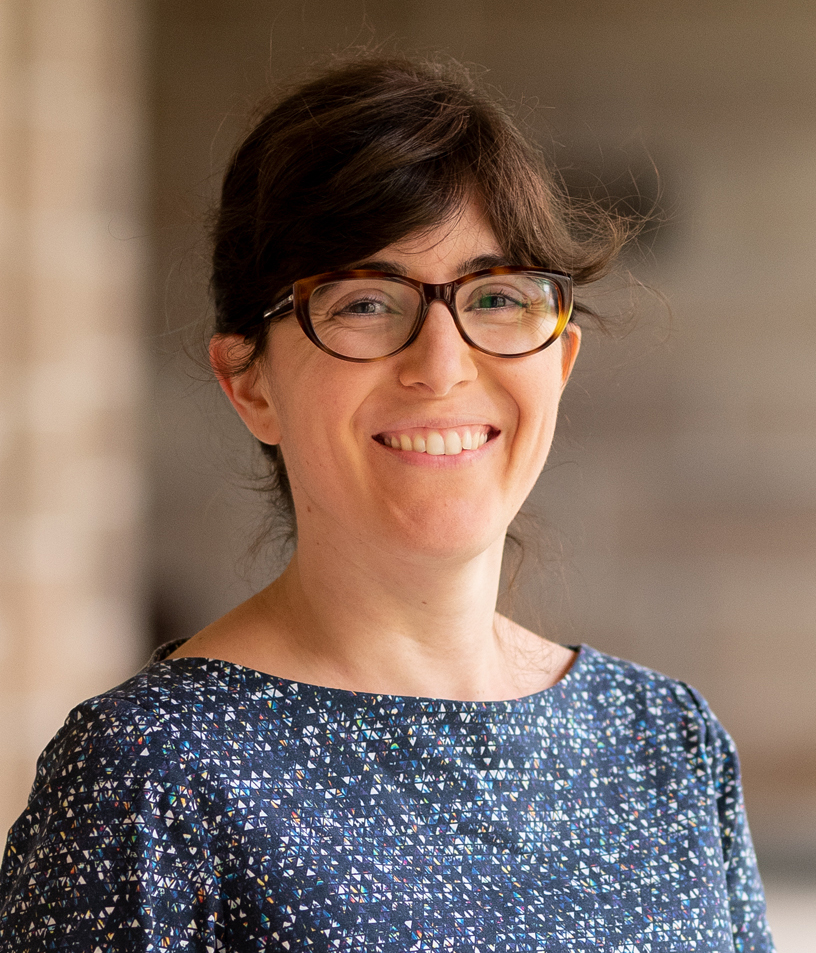
Computational and Systems Biology Speaker
Dr Irene Gallego Romero is a human evolutionary biologist with training in genomics, biological anthropology and pluripotent stem cell biology. Her research interests include understanding evolutionary adaptations at both short and long time spans – those that have occurred in specific human populations, but also those that separate us from our close evolutionary relatives. Her laboratory is focused on human evolution, especially in the ways in which gene regulatory processes have contributed to it. Because gene regulation is not easily predicted from sequence-level data, they use induced pluripotent stem cells (iPSCs) as models to understand the means by which multiple cellular mechanisms interact to regulate gene expression, and, under the action of natural selection, ultimately give rise to inter-species or population-level differences. Dr Gallego Romero’s team is one of few labs worldwide with an established record in generating iPSC lines from non-model organisms, and they combine this expertise with their experience working with the latest genomic technologies. Her lab is committed to carrying out high quality reproducible research, in both computational and molecular biology, where they make source code and all data and protocols available on publication. Dr Gallego Romero is also fascinated by issues surrounding the practice of science today – funding allocation, career progression and levels of inclusion and diversity of the scientific workforce.
Dr Gallego Romero obtained her PhD in Biological Anthropology from the University of Cambridge, where she focused on identifying signals of recent positive selection and evolutionary adaptation in different human populations in response to their local environment. She was then awarded a Sir Henry Wellcome Postdoctoral Fellowship, which she spent in the laboratory of Yoav Gilad, at the University of Chicago. There she established induced pluripotent cell lines from humans and chimpanzees and demonstrated their validity as model systems for studies of human evolution. Today, her research group uses iPSCs from multiple human populations to examine the biological consequences of evolutionary changes in when and where in an organism certain genes are expressed, and how those changes contribute to human uniqueness.
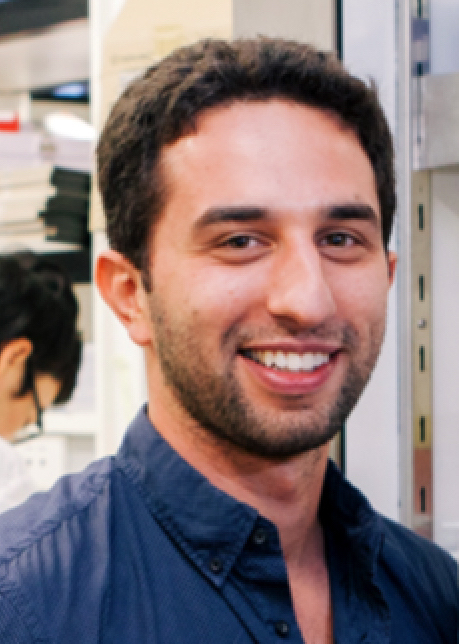
Developmental and Regenerative Biology Speaker
A/Prof Porrello received his PhD in Physiology from The University of Melbourne in 2009. He was subsequently awarded an NHMRC/NHF C.J. Martin postdoctoral fellowship to undertake training at UT Southwestern Medical Center in Dallas, USA, under the guidance of Prof. Eric Olson. A/Prof Porrello returned to Australia in 2012 to establish the Cardiac Regeneration Laboratory in the School of Biomedical Sciences at The University of Queensland. In 2017, he was recruited back to Melbourne to take up a joint appointment at the Murdoch Children’s Research Institute and The University of Melbourne where he currently heads the Cardiac Regeneration Laboratory and co-directs the Melbourne Children’s Centre for Cardiovascular Genomics and Regenerative Medicine (CardioRegen). A/Prof Porrello is supported by a co-funded NHMRC Career Development Fellowship and Heart Foundation Future Leader Fellowship, as well as grants from the NHMRC, ARC - Stem Cells Australia and The Royal Children’s Hospital Foundation. He is a member of the Editorial Boards of Circulation and PLoS One. A/Prof Porrello’s research on heart regeneration in the newborn has been recognized by a number of awards including the Metcalf Prize for Stem Cell Research, Heart Foundation Paul Korner Innovation Award, Heart Foundation Researcher of the Year and A.K. McIntyre Prize (Australian Physiological Society).
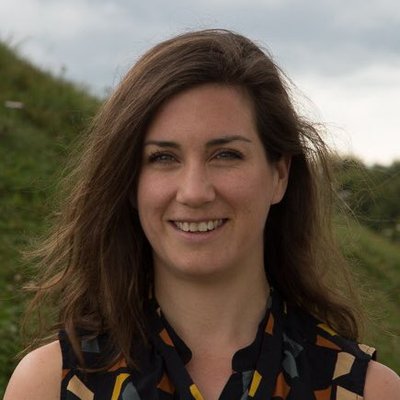
Ecology and Environmental Sciences Speaker
Dr Talitha Santini’s research interests are centred on soil formation and weathering, geochemistry, mineralogy, and microbiology. She works across a wide range of natural and engineered systems to understand the interactions between abiotic and biotic processes controlling soil development, mineral weathering, and nutrient cycling in both natural and anthropogenic systems, and uses these insights to identify new strategies to improve environmental quality. Dr Santini pursues this research across a variety of environments including both naturally formed (deeply weathered podzols of the Cooloola and Fraser Island coasts; basalts and shales of the Great Dividing Range, Australia, and Appalachian Mountains, USA; acid sulfate soils; salt lakes) and anthropogenic systems (mine wastes, tailings, and organic wastes). Much of Dr Santini's research focuses on the rehabilitation of mine sites, tailings, and soils impacted by mining and refining activities, as well as 'extreme' soils derived from natural processes (acid sulfate soils, salinised farmlands, etc.). Beyond terrestrial environments, she also has interests in deep subseafloor microbiology and geochemistry, and is pursuing these through the International Ocean Discovery Programme.
Dr Santini joined the University of Western Australia's School of Agriculture and Environment as a Senior Lecturer in August 2018, after five years as a Senior Lecturer in Environmental Sciences and Management at the University of Queensland.
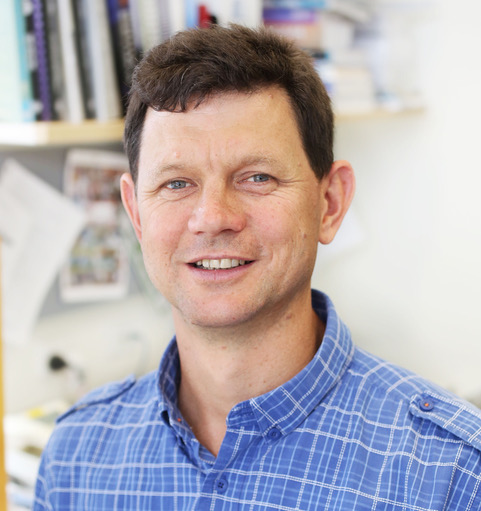
Immunology Speaker
Professor Matt Sweet studies innate immunity, the body's danger sensing system that responds to infection, injury and dysregulated homeostasis, and the role of this system in health and disease. His current research focuses on characterizing genes and pathways in macrophages that either drive inflammation or are involved in the clearance of bacterial pathogens. The ultimate aim of this research is to learn how to manipulate the innate immune system to either limit pathological inflammation or unleash its power against infection.
Matt completed his PhD in 1996 at The University of Queensland, and then undertook a CJ Martin postdoctoral training fellowship at the University of Glasgow, before returning to Australia. He is currently an NHMRC Senior Research Fellow and Group Leader at the Institute for Molecular Bioscience (IMB) at The University of Queensland, Brisbane, Australia. He was the founding Director of the IMB Centre for Inflammation and Disease Research (2014-2018), and also served as Deputy Head of the IMB Division of Cell Biology and Molecular Medicine during this period. He has made several key discoveries relating to innate immune pattern recognition receptors, including characterizing macrophage activation by CpG DNA/TLR9; identifying mechanisms of evolutionary divergence in TLR-regulated gene expression; characterization of roles for TLR-inducible metal ion poisoning in antimicrobial responses against bacterial pathogens; defining pro-inflammatory and antimicrobial functions of histone deacetylase enzymes in innate immunity; and identifying the first non-TIR-containing TLR adaptor protein (SCIMP), which drives selective cytokine outputs from macrophages.
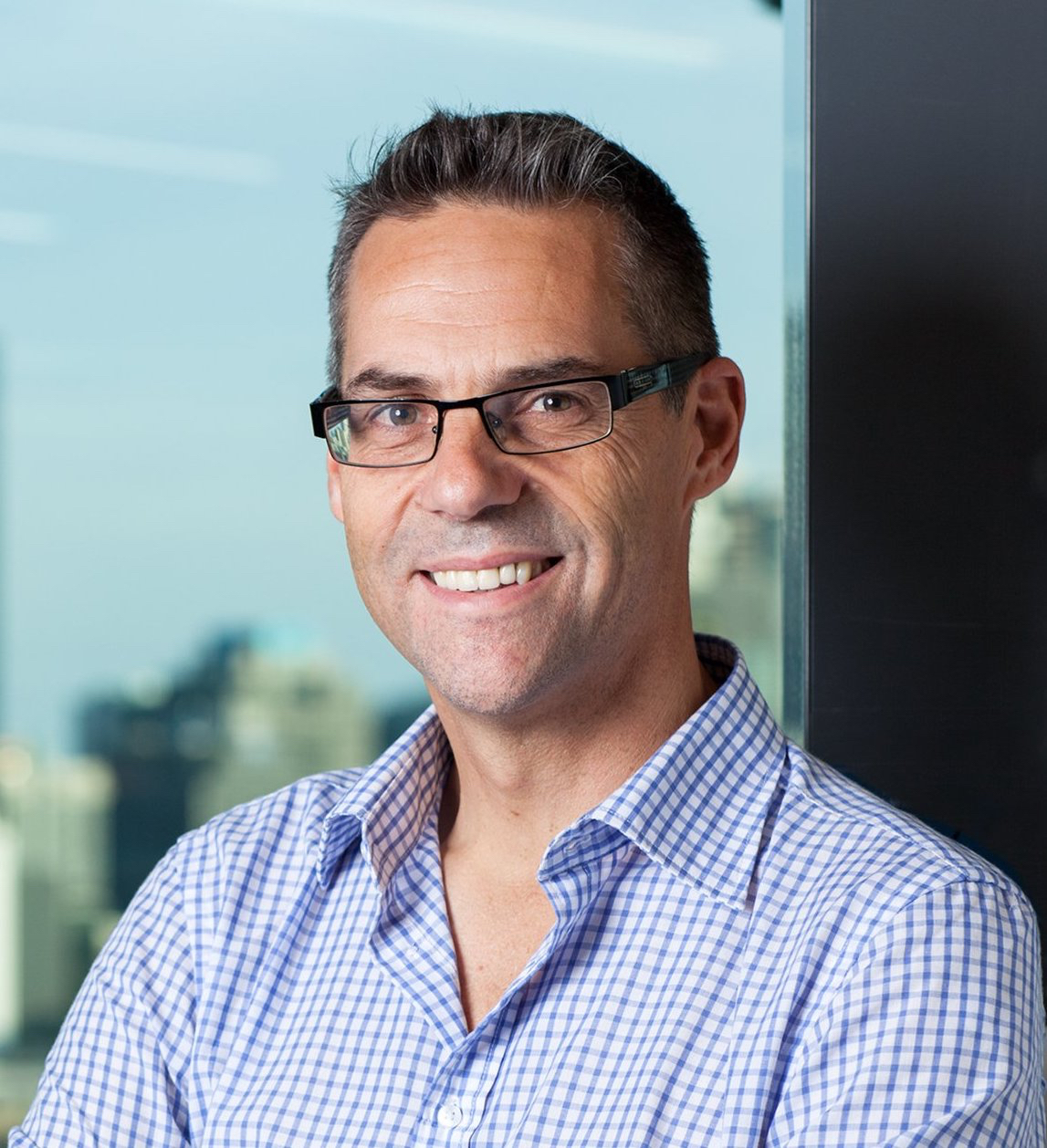
Cancer Biology Speaker
Professor Ricky Johnstone received his PhD from the University of Melbourne in 1993 and after a postdoc at Harvard Medical School returned to Melbourne to establish the Gene Regulation Laboratory at the Peter MacCallum Cancer Centre in 2000. Professor Johnstone is the Executive Director Cancer Research at the Peter MacCallum Cancer Centre overseeing ~700 staff and students and plays a key role in strategic decision making across the organisation. He has published more than 230 peer-reviewed papers, was awarded an NHMRC Senior Principal Research Fellowship in 2015 and in 2011 was promoted to Full Professor in the Department of Pathology at the University of Melbourne.
Prof Johnstone is a cancer researcher who has utilized genetic mouse models of hemopoietic malignancies and solid tumors to understand the epigenetic changes that underpin tumor onset and progression and to develop new therapies that target epigenetic and transcriptional regulatory proteins. Prof Johnstone has recently discovered how epigenetic based-agents can engage the host immune system to drive prolonged therapeutic responses.

Translational Science Speaker
Dr Damien Bates is a senior healthcare industry executive specialising in global preclinical and clinical development, medical affairs, marketing authorisation and lifecycle management of biologics and devices. He has held scientific & medical leadership positions in multiple US based companies including Baxter, Organogenesis, Allergan and SanBio with a proven track record in the successful execution of preclinical development programs, clinical trials and post-marketing medical support for approved and cleared products, and FDA, EMA, PMDA and SwissMedic negotiation & approvals.
Dr Bates received his medical degree from the University of Sydney, his PhD in Developmental Biology from the University of Melbourne, his Fellowship in Plastic & Reconstructive Surgery from the Royal Australasian College of Surgeons, and his MBA from the Wharton Business School.
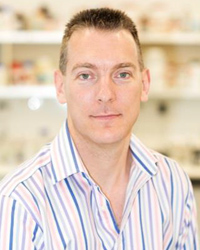
Combating Disease - Animal Models and Drug Discovery Speaker
Dr Chris Langmead has a strong interest in drug discovery, having spent 15 years working in the pharmaceutical and biotech industry in the UK, where he led project teams to discover four preclinical candidate drugs and managed collaborations with academic labs and other pharmaceutical companies. In 2012 he joined MIPS to head up a drug discovery program in collaboration with Servier Laboratories, France. He is particularly interested in GPCRs as drug targets in neurodegenerative and psychiatric disorders, but also has interest in structure-function of GPCRs and analytical receptor pharmacology, with particular reference to allosteric interactions.
Dr Langmead’s research portfolio includes multiple GPCR projects at differing stages of the drug discovery process, ranging from target validation through to lead optimisation. Our primary therapeutic areas of interest are schizophrenia, Parkinson’s disease and metabolic disorders.
This year, EAPS19 will be held at the Victorian Comprehensive Cancer Centre (VCCC) in Melbourne. VCCC was founded in 2009 and is an alliance between many world-leading cancer research organisations: Peter MacCallum Cancer Centre, Melbourne Health (including The Royal Melbourne Hospital), The University of Melbourne, The Walter and Eliza Hall Institute of Medical Research, The Royal Women’s Hospital, The Royal Children’s Hospital, Western Health, St Vincent’s Hospital Melbourne (including St Vincent's Institute), Austin Health (including the Olivia Newton-John Cancer Research Institute and Austin Lifesciences) and Murdoch Childrens Research Institute.
Find out more about the VCCC here.
We hope to see you there!
Follow Us for Updates
Facebook
Twitter
Tweets by EMBLAuSymposium